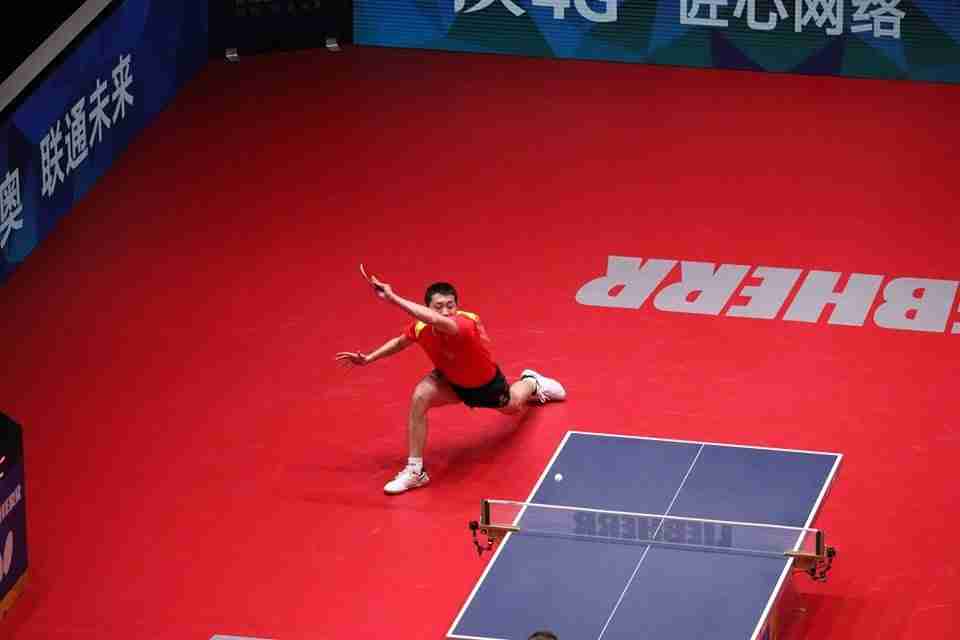
Table Tennis Speed, Spin, Power, Who Wins?
Table tennis is one of the most dynamic sports on the planet requiring three key game elements: Table tennis speed, spin, power, who wins? If

Table tennis is one of the most dynamic sports on the planet requiring three key game elements: Table tennis speed, spin, power, who wins? If
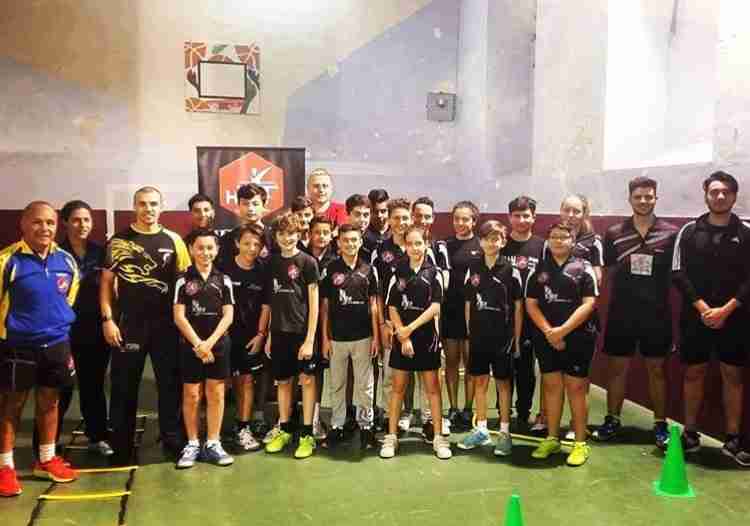
Table Tennis Discipline makes a difference? I’m currently leading an Easter Table Tennis Training Camp in Malta. At the HiTT Academy in Valletta run by

Players often ask me how can I improve my table tennis game? The simple answer I enjoy giving “hire me as your coach” lol. Improve

This Weekend, I was privileged to work with some of the best table tennis coaches in Europe! how makes these coaches some of the best table

How important is table tennis match play? It’s a hard question to answer, some can perform naturally under pressure and other need to experience pressured

How do we develop high-quality table tennis shots? First, we must understand the difference between perception and what is actually high-quality shots in table tennis!

If you’re serious about becoming successful in the sport then discipline in table tennis is essential towards achieving your goals. Table Tennis Malta I’m currently
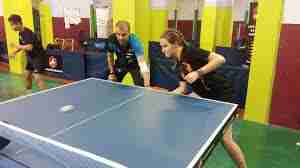
How I uplift my player’s games by having table tennis targets on the table. I’m going to explain the benefits of my methods below. I

How to improve your table tennis fast? How to improve your table tennis fast from beginner level to an advanced level. Featuring Gaurav Aravind, how

I am constantly asked how do I improve my table tennis consistency? 3x Exercises that can help you develop your consistency 1. Multi-ball or TT





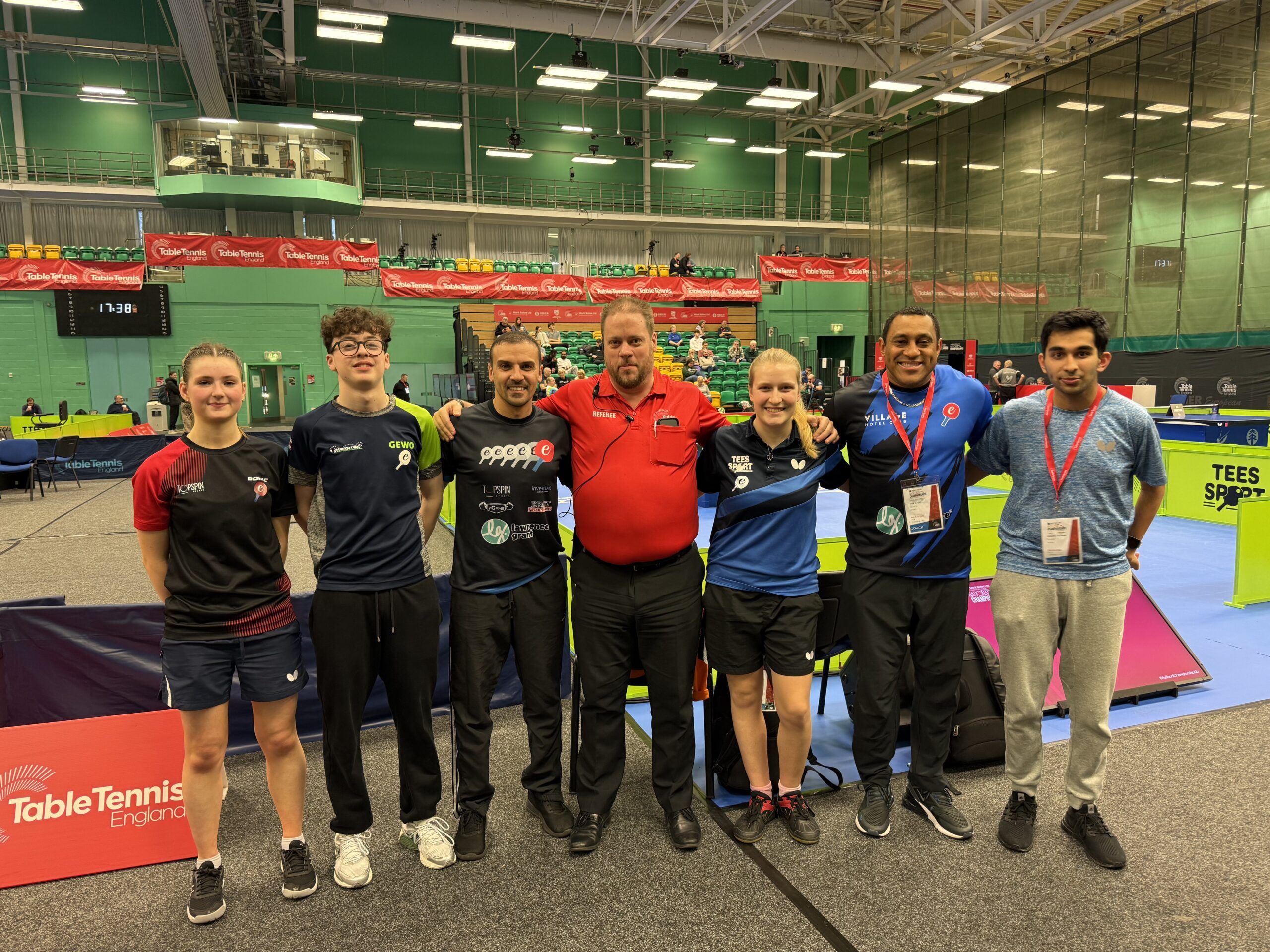
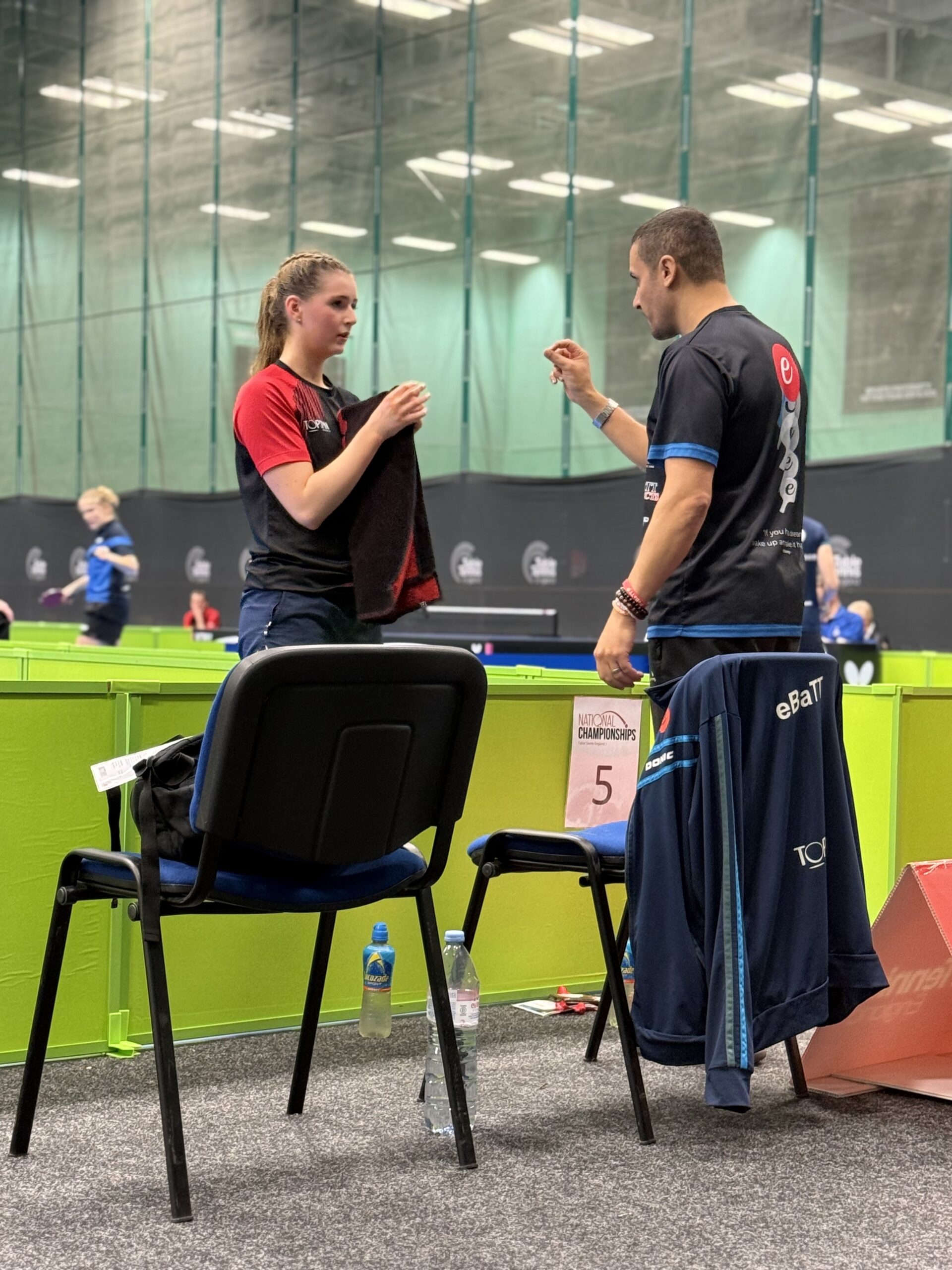
eBaTT – Table Tennis Centre
Our Table Tennis Club is a dedicated table tennis centre based in North West London. We provide and cater for anyone and everyone. This includes; table hire, group coaching, adult coaching, service & receive clinics, senior citizen coaching, open club play, tournaments, events, ping pong birthday parties and we pride ourselves on being welcoming and friendly to all.
We are open 7 days a week offering a huge variety of open & closed, coaching & non-coaching group sessions
Get the latest updates by providing your email to us and thus becoming a subscriber to our newsletters, (once a month).